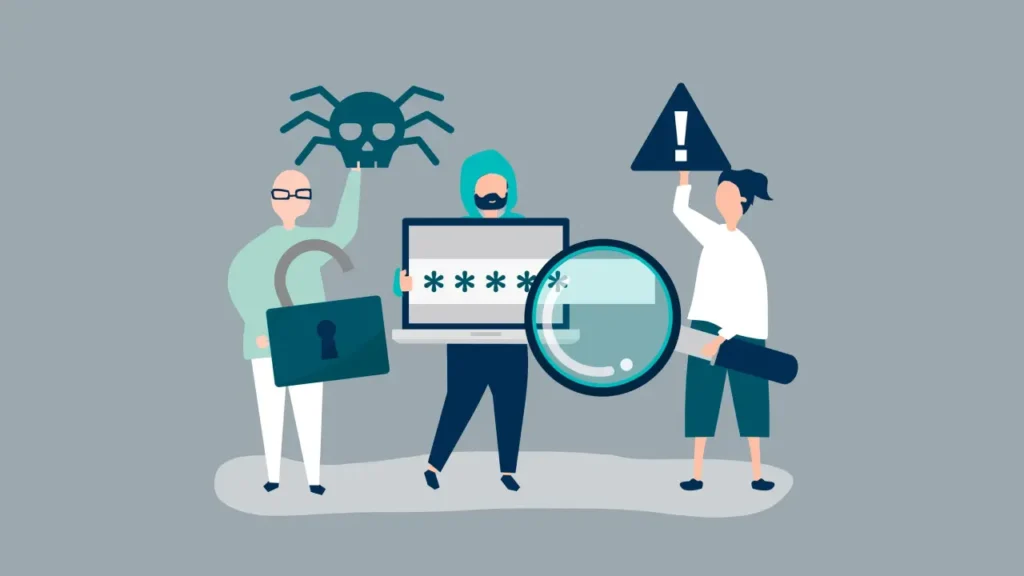Malicious links are a common threat that can be found on all types of electronic devices. These links are created by cybercriminals with the intention of deceiving users and stealing their personal information or infecting their devices with malware.
Many people are understandably concerned about the potential consequences of clicking on a malicious link. After all, if you don’t know what to expect, it can be a nerve-wracking experience.
So, will clicking on a malicious link always cause you trouble?
The answer is not necessarily. It depends on the specific type of link and how you interact with it. Let’s take a closer look at how these links typically work.
What is a Virus Link?
A virus link is a deceptive link that is disguised to appear as if it comes from a legitimate source, such as a bank, social media platform, or online store. When you click on the link, you may be directed to a fake website or asked to provide personal information, such as your login credentials or credit card details.
What Happens if I Click on a Virus Link on Facebook?
Clicking on a virus link in a Facebook post or message will not necessarily harm you right away. The real danger comes into play if the link prompts you to enter sensitive information, such as your passwords or financial information.
If you have given the password of a credit card, you should urgently change your password or call your bank and have your credit card switched off. Because a large amount of expenditure can indeed lead to irreversible damages.
If you have given the password to a social media account, you should change your password before the person changes your account information. If you cannot do this, you can get information about what you can do by contacting the help team of the relevant platform.
Conclusion
We think we have explained everything clearly so far. Clicking on the virus link may make you nervous, but if you have not provided any information, this situation will most likely not give you a headache.
